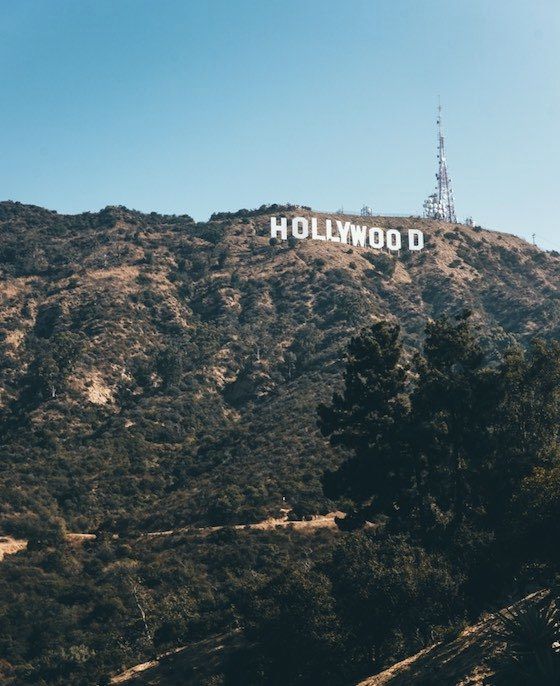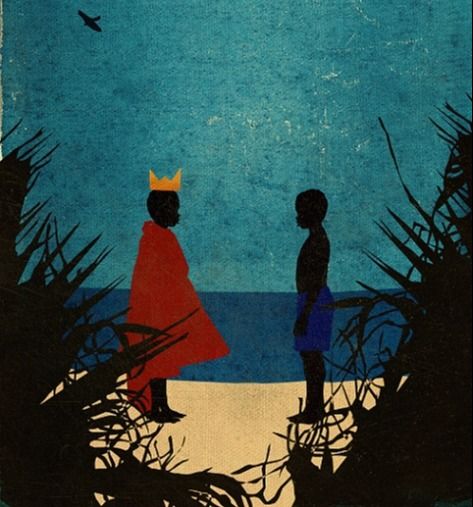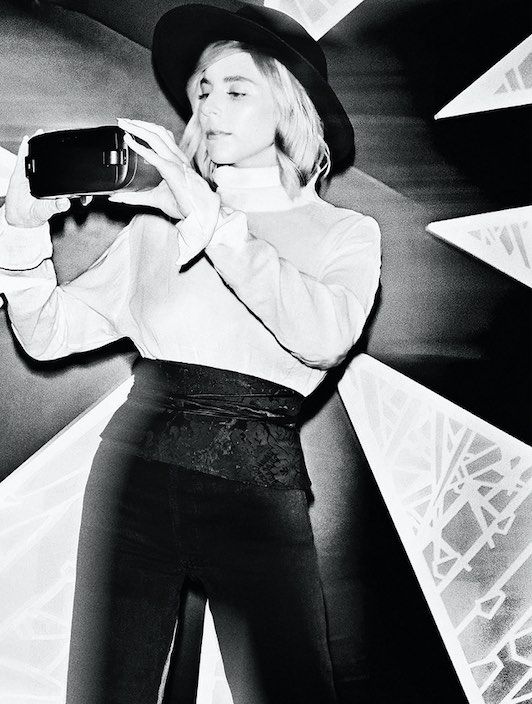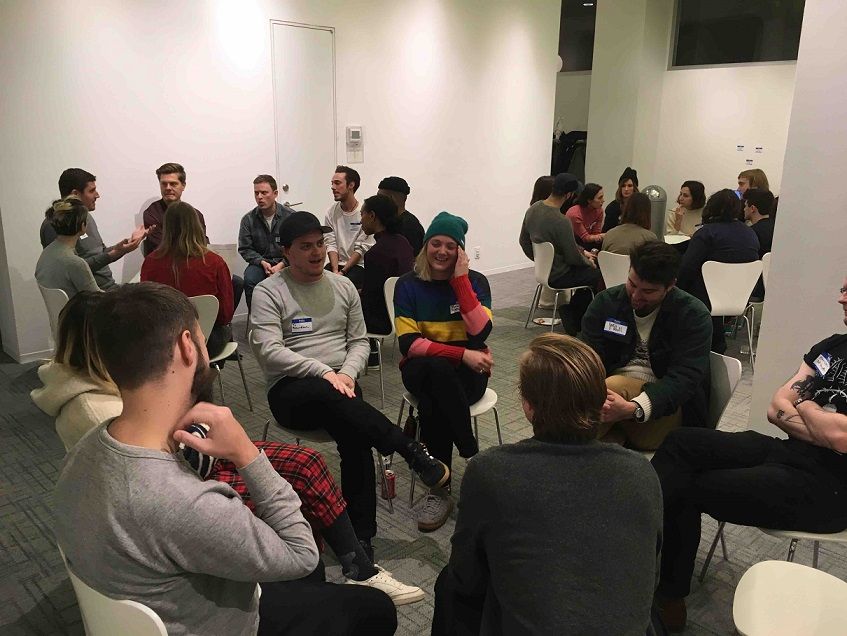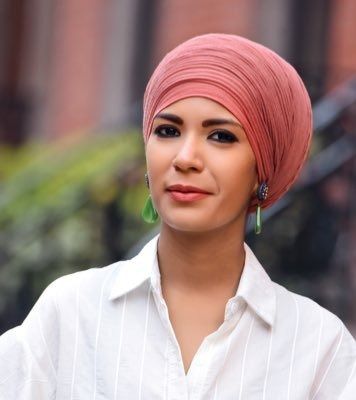Your script’s flawless. Your production design’s perfect. Your crafty slaps.
But your actor’s monologue is starting to sound like an Ali Wong stand-up special. Which would be fantastic if the monologue wasn’t about the Black Plague. Yikes. You probably rushed through casting, and it shows.
Bringing the right people onto your project means everything. Do it successfully and you can give birth to a star (or in the case of large ensembles like the one on Pose, you can discover the baddest constellations out there). To accomplish such a feat, you’ll need the guiding light of a casting director. Bialy/Thomas’ Gohar Gazazyan (The Walking Dead, The Society) is here to elaborate on the role of a casting director and teach you everything you need to know in order to have a smooth casting process. If all goes well, you just might land the kind of talent that’ll make audiences tweet today’s highest mark of approval:
“WE HAVE NO CHOICE BUT TO STAN.”
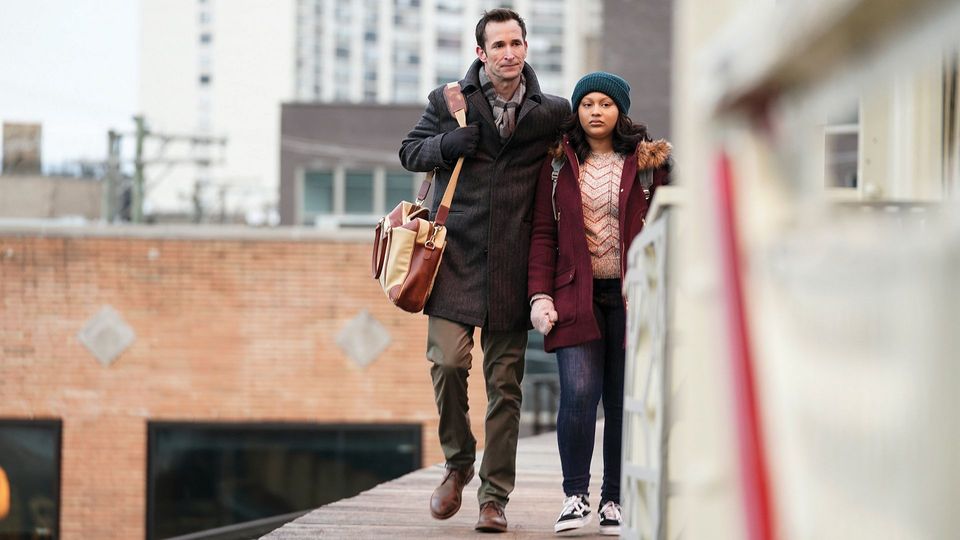
When does a casting director usually come into the process?
Gohar Gazazyan: The Casting Director (CD) is usually one of the first people brought onto a project in the pre-production phase. In films, a CD may come on board very early on to help attach names which will green light the project. They could potentially be involved with the film for many months or years during the "attachment" phase. Once a film has a green light, a CD will start casting all of the remaining roles. Depending on the size of the cast and the budget of the production, that process can take many months or as little as 8-10 weeks. Sometimes, big budget features require a global "search," often for a young adult or child actor, that takes many months.
In television, the casting process tends to be shorter. We typically have 10-12 weeks to cast a pilot, though some projects involve a longer timeline. Again, if a worldwide search is necessary, we may have months of casting built in. I've also cast pilots in as little as 4-5 weeks, so every project is unique.
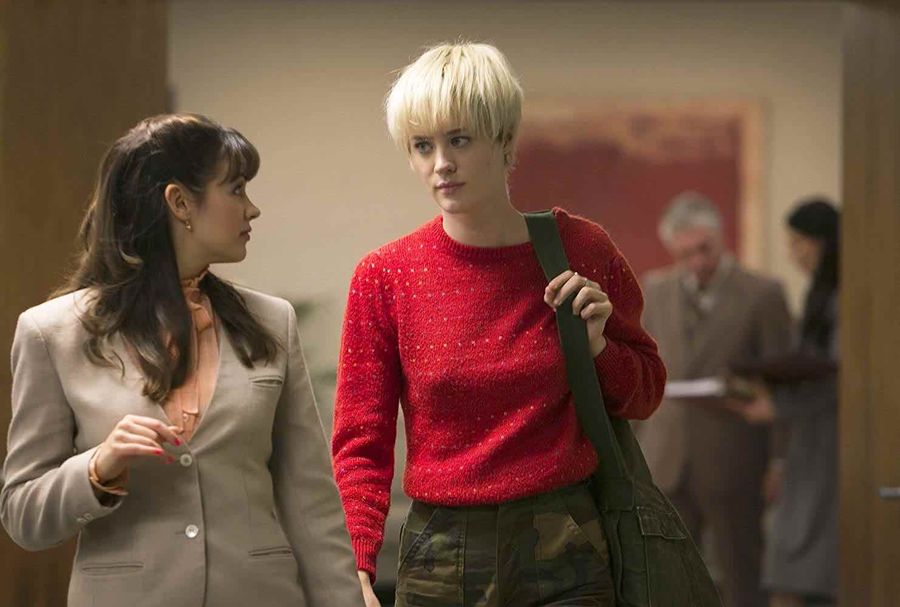
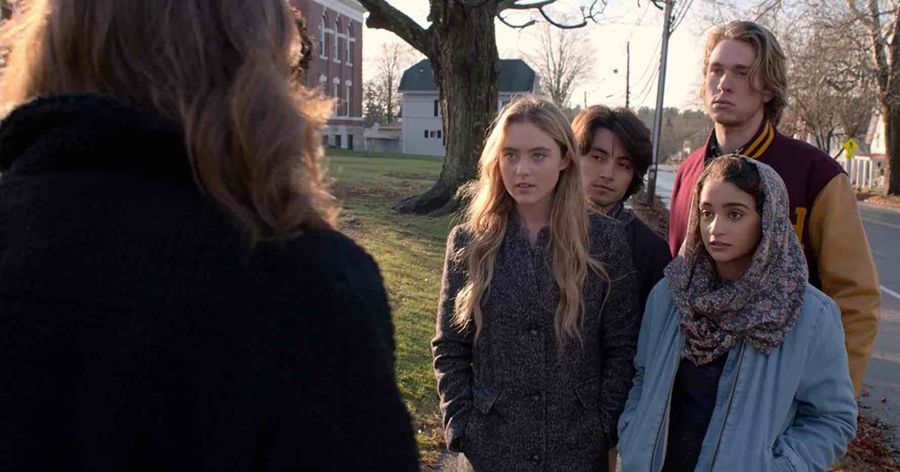
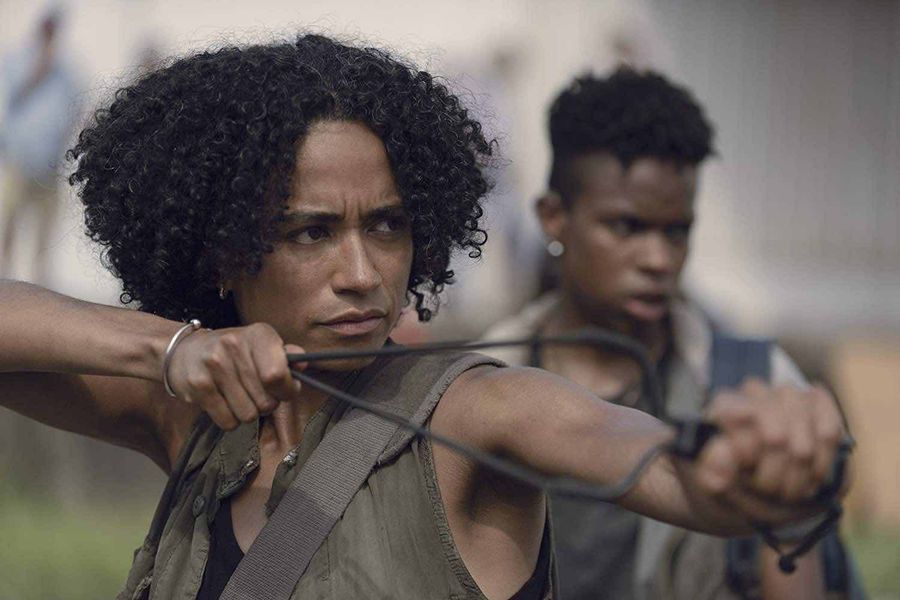
What does a producer or director have to come prepared with?
A strong producer/director has a very clear sense of their vision for the project and characters, and can effectively communicate that vision to their CD. That said, as a producer/director, you hire a casting director for their taste and expertise, so it's important to be collaborative and open to other ideas or directions for a character.
For me personally, the best producers/directors are open to being surprised by a choice that's different than what they originally envisioned because that opens the door to interesting, outside-the-box casting. It's also important that a producer has a sense of the studio/network's expectations (both creatively and financially) and can navigate that relationship effectively. In addition to the director, there are typically multiple producers making casting decisions as a group, and that is before the studio and network weighs in. A good producer AND a good casting director know how to navigate all these relationships and help shepherd all of the parties towards the right choice.
What’s the difference in casting film and TV?
Creatively, the casting process is similar in film and television. The biggest difference is usually the time you are given to cast. Typically, you have more time to cast a feature film than a television pilot, but even that is changing in the current landscape. With the proliferation of high-end and high-budget television series, we sometimes end up having many months to cast a series. However, big studio features still tend to have a longer casting process. (Lower budget indie features will likely have limited time for casting.)
There used to be a big red line between film and television, in terms of actors' interest. Certain actors were "movie actors" and "not interested in TV." That has dramatically changed and the line has blurred. Nowadays, movie stars are very open to quality television with limited episodes, and actors who breakout in television are highly sought after for feature films.
What’s unspoken agreement between a producer/director and a casting director?
Confidentiality is of supreme importance. The casting process involves a lot of delicate and sensitive conversations, so both parties have a reasonable expectation that conversations are not to be disclosed. Mutual respect is also important. A casting director, like any collaborator, wants to be valued for their expert opinion. A smart producer wants to know which actors their CD is responding to and why; they want their opinion and advice. CDs have years of experience auditioning actors, seeing plays and consuming films/TV. Often, they will have valuable knowledge about an actor's body of work as well as their limitations and capabilities. It's important to use them as a resource and listen to their opinions.
It's also a bad idea to tell your CD you asked another CD for their opinion or to send your CD ideas from outside parties without really considering whether those names are right for the role.
Now the paperwork, how do you sign someone to a project?
Once an actor is the choice for a role, an offer is extended to their representatives. That offer may come from the Casting Director, Studio Business Affairs Attorney, or an Independent Attorney hired by a film's production company to handle talent deals. For series regular roles on a TV show, the deals will be handled by BA attorneys at the studio. They will extend the offer, negotiate with the actors' agents/lawyers, and then prepare contracts to be signed.
The casting office will handle deals and sometimes contracts for all guest actors (actors who appear in one or multiple episodes but are not contractually tied to the series for the full season or multiple seasons). Similarly, complicated negotiations with major stars for leading roles on a film will be handled by attorneys, and the CD will handle the supporting roles. Of course, this process is fluid. Sometimes, BA will want to handle a deal for a guest actor who is a big star and will receive a large sum of money. Once a deal is closed (regardless of who negotiated terms), the casting office will generate a deal memo for production with the actor's information so production can begin making travel arrangements, wardrobe fittings, etc.
What’s the deal with background casting?
Background casting is handled by a completely different casting team. We only cast speaking roles and occasionally non-speaking roles that require an experienced actor.
What does one need to know about auditioning talent?
Auditioning is a separate skill from the work an actor does on set. Some actors are great at auditioning. Others are not, but still do good work on set. A good casting director has years of experience watching auditions and really understands how to judge an actor's ability. Auditions are not meant to be perfect. Some producers really want an actor to nail every beat they have in their minds for the scene, but in my opinion, that isn't always the best way to determine who to cast. Sometimes an actor doesn't give a perfect read, but is very talented and the right person for the role. Other times, an actor nails the audition but the final performance itself isn't that great.
I personally look for actors who make interesting choices, who really surprise me and pull me in during the audition. I respond to honest, natural work. Yes, there are actors who will not audition due to their body of work. This typically depends on the project and role. Some actors will read for a big role in a feature or a series regular role, but not a guest star or recurring role on a series. Your casting director will advise you when actors are "offer only," meaning they would consider a role with an offer but will not audition for it.
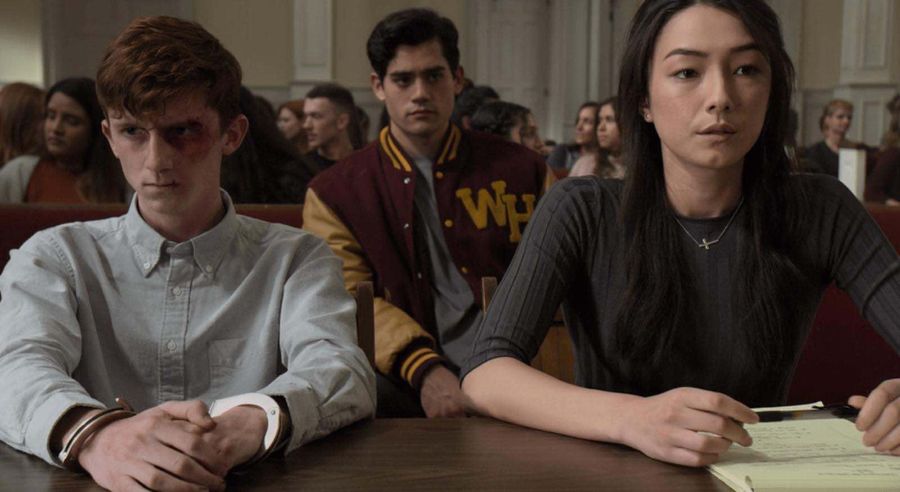
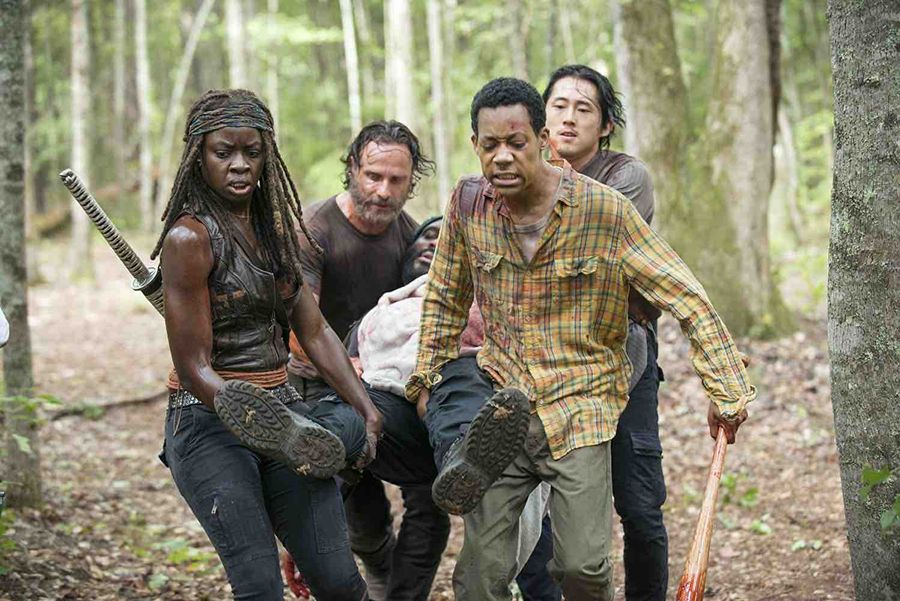
What does one need to know about offering a role to an actor?
Once the creative team (producers, writers, director) and the studio/network have approved an actor for a role, the casting director or business affairs attorney will make an offer to the actor’s representatives. Pending the actor's interest, we will then negotiate terms (if there is room for negotiation).
Where do you look for new talent?
We look for new talent everywhere. I love the theater. I see plays in LA and make a trip to New York at least twice a year if I can manage it. Our team checks out the local comedy scene, including stand up performances. We watch a lot of demos that agents send our way and frequently do general meetings with actors who travel to LA from all over the world. We have at least one person from our office attend every graduating showcase. We also consume a lot of content–television series, films, stand up specials, etc. We are always on the hunt!
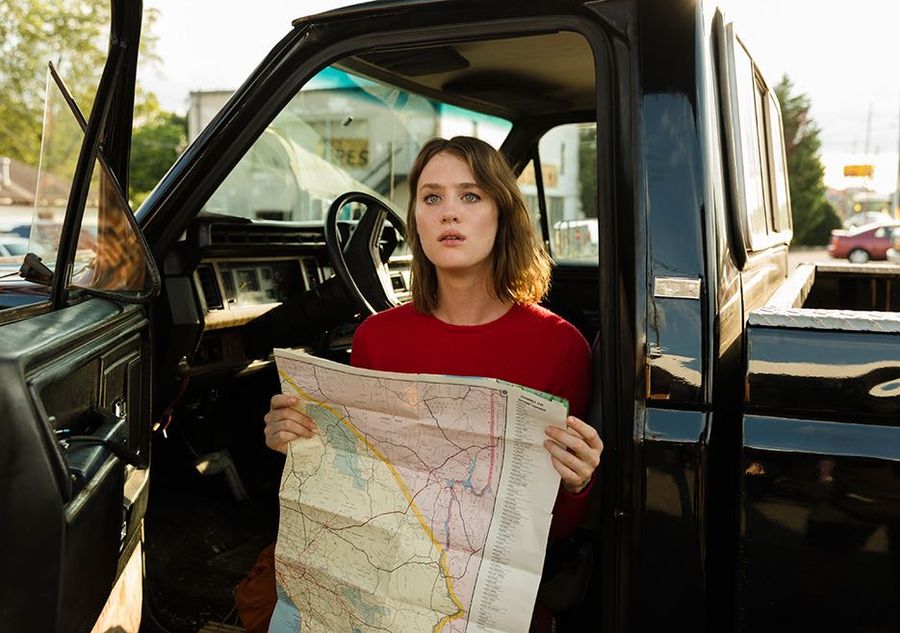
Are open calls effective?
Open calls can be effective depending on the nature of the role. They are often effective for finding a child actor/young actor or someone from a very specific background or who has a specific talent. Oftentimes, we do open calls and still end up casting an actor with representatives that we found through the traditional process. Technology has changed the nature of open calls. Now, we can use social media to spread the word far and wide, and we can ask actors to submit self-tapes from all over the world. Casting Directors don't need to travel and physically meet with actors in a room, which gives us greater reach in a shorter amount of time.
How long does it usually take to lock in a cast?
Anywhere from 5 weeks to a year depending on the project and how much time we are given. Typically, 10-12 weeks for a television pilot and at least that long for a feature. For an episode of television, we usually have the prep period of 5-10 days (depending on whether it's a half hour or one hour episode) to cast new guest roles.
How do you approach recasting a role?
Recasting is casting, so the process is not different. Sometimes, you will have a new direction for the role and so in a way you start from scratch. Other times, you revisit actors you discussed initially but didn't cast.
Gohar Gazazyan, CSA
Originally from Yerevan, Armenia, Gohar grew up in sunny Los Angeles, California. She graduated Summa Cum Laude from UCLA with degrees in Mass Communication Studies and History. Her longtime passion for actors and performances led her to pursue casting immediately upon graduation. In 2008, she joined the incredible team at Bialy/Thomas & Associates, where she has collaborated on numerous television series and feature films, most recently The Walking Dead (AMC), Fear The Walking Dad (AMC), The Society (Netflix), Treadstone (USA), The Red Line (CBS), Gotham (FOX), and Halt and Catch Fire (AMC).
Gohar served for two years on the National Board of the Casting Society of America and continues to work with the organization as co-chair of the Training & Education Committee, currently building and teaching a CSA certified curriculum and training program to educate newcomers to the field of casting. She is very proud to be an active member of the casting community.
Headshot courtesy of @GoharGB via Twitter.

